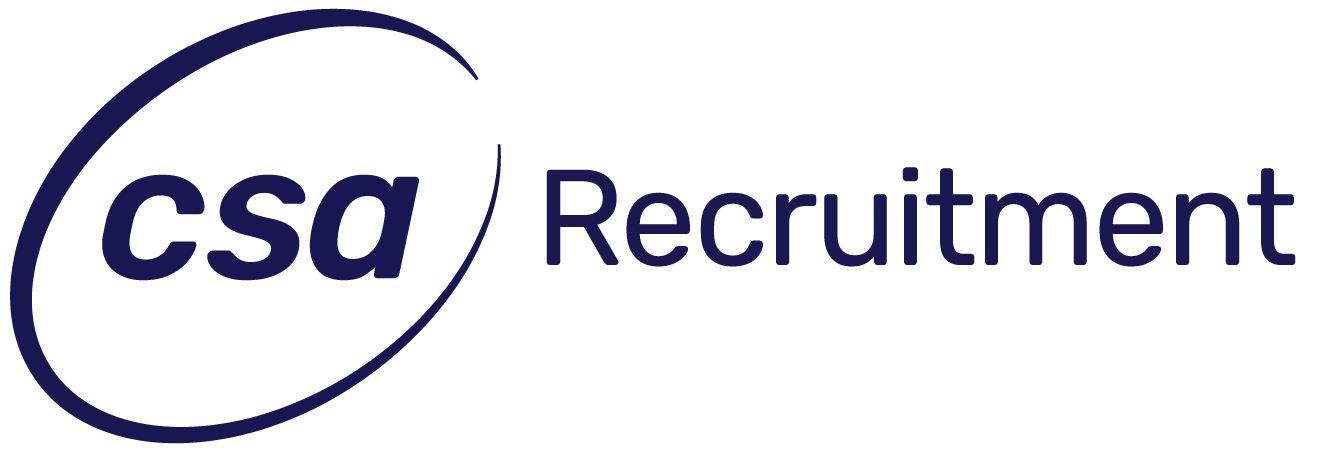How To Write Your CV
In the current job seeking environment it is more important than ever to make yourself stand out over the numerous candidates which will more than likely apply for the same position as you.
This is where a neat and tidy CV can make all the difference between failure and success.
When writing your CV you should always tailor it to the position, for example some positions might require more emphasis on Academic History whilst another might require more emphasis on Career History.
When writing a CV, experts suggest that to improve your chances of success you should follow a few simple guidelines.
You CV should be fairly short, no more than two sides of A4 (if possible) and it should always be written in a positive manner, emphasising on your strengths and achievements. It is important to make the best possible first impression and this will certainly go a long way in helping you achieve this.
Your CV should include the following details:
- Your personal details
Name, address, phone number and email address. You can also give your date of birth (if you choose to) but this is not compulsory due to age discrimination rules. Professional social media presence can also be advantageous but be careful with social media on your CV, your prospective employer doesn’t really want to see pictures of you and your friends on a wild night out and this in turn could seriously harm to application. - Career History
Always write your career history in the order of most recent. It is important to include dates and any Temporary / Voluntary work as well. Try to avoid having large gaps in your career history (if possible). - Personal Profile
Write a brief profile about yourself which emphasis’ on showing your strengths and qualities. Tailor this to the position you are applying for as this part of the CV can often be the most important. Look at the demands of the job spec and provide examples (if possible) of how you have overcome similar challenges in the past. - Achievements
List achievements from your previous jobs in order of most recent. You can also add personal achievements if they are relevant to the position. For example, you might be involved closely in Charity Fundraising for a cause which is important to you. You can mention this but make it relevant to you and your application. - Qualifications and training
In order of most recent, write all your Qualifications and Professional Training. Make sure to provide dates and Grades where possible. - Interests
List personal interests which are relevant to the job. Anything which proves the ability to work in a team should always be listed. - Other information
In some circumstances you may wish to list any other information which is important to your application, for example you might want to explain a gap in your career history or give reasons for your desire for a career change. - References
Include a reference from your most recent employer (if possible) and at least one other. In all circumstances you should have at least two references on your curriculum vitae.
Your CV (if possible) should always be typed up neat and tidy. If you do not own a computer you can always make use of the computers & printers at your local library. Make sure to use a clear font and always make sure to spell check your CV multiple times before sending it to employers. Obvious spelling errors will often get your CV rejected.

